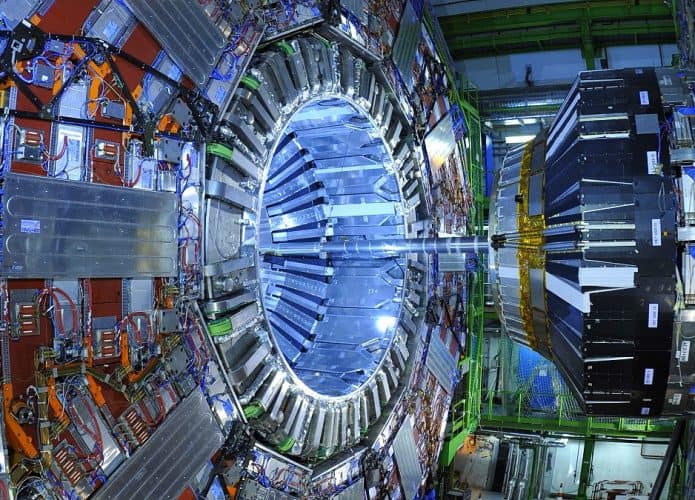The Brazilian government has informed the European Organization for Nuclear Research (CERN) that it will complete the necessary bureaucratic procedures for the country to become an associate member of the laboratory. Negotiations for the association began in 2012, and the deadline for completing the procedures was March 2024. Digital look We previously talked about the topic in 2022.
Although international agreements were approved in Congress at the end of 2023, the Presidency still needs to issue them. In 2022, it is estimated that Brazil will have to pay US$10 million (R$51 million, at current prices) annually to maintain its participation. However, the Ministry of Science, Technology and Innovation (MCTI) noted that the ministry's budget has allocated the necessary resources to cover the country's annual contribution.
Read more:
CERN
CERN is home to the world's largest particle accelerator, the Large Hadron Collider. Since 2006, Brazil has had a cooperation agreement with the European Organization for Nuclear Research (CERN), where several Brazilian researchers have collaborated in experiments conducted at the accelerator.
Physicist Sergio Noves, who participated in the first committee responsible for the accession process, analyzed the possibilities that would arise as a member state. In an interview with UNISEP newspaperAccording to him, from a research point of view, there will not be much change, as data is already shared between researchers from different countries.
- However, Brazil will have the right to participate in tenders for the acquisition of materials necessary to maintain the activity of the Large Hadron Collider (LHC), the largest particle accelerator in the world;
- This could help develop Brazil's high-tech industry and open pathways for knowledge transfer;
- Novais points out that, through these tender contracts, Brazil can recover the US$12 million it pays annually for affiliate status;
- However, to take advantage of these opportunities, it is necessary for the country's science and technology managers, as well as entrepreneurs, to show initiative;
- It is necessary to identify demand for CERN products and services and facilitate convergence between Brazilian companies and the European institution;
- This whole process must be managed, otherwise Brazil will remain a mere spectator and will not receive any further benefits.
Hey Digital look You requested an interview with Novaes and we will update this article as soon as we have answers.

“Wannabe internet buff. Future teen idol. Hardcore zombie guru. Gamer. Avid creator. Entrepreneur. Bacon ninja.”

